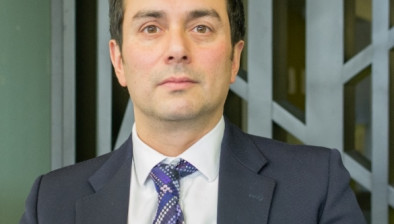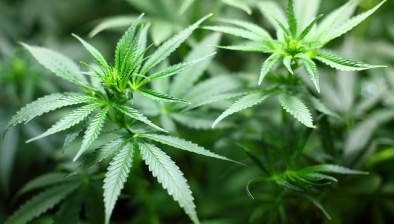NI: Maximum penalty for harming service dogs could be increased for second time in five years

Edwin Poots
A consultation is seeking views on whether the maximum penalty for injuring service animals on active duty in Northern Ireland should be increased for the second time in five years.
Agriculture, Environment and Rural Affairs Minister Edwin Poots yesterday launched a consultation on proposals to protect service animals such as police dogs or search and rescue dogs.
The central proposal is that the law in Northern Ireland should be brought into line with the rest of the UK, where self-defence is no longer an excuse for harming a service animal.
However, the consultation acknowledges that attacks on service animals in Northern Ireland are extremely rare: the PSNI said one dog suffered an injury to its paw during rioting in 2013, and the NI Prison Service said two of its dogs were injured between 2014 and 2020.
The maximum penalty for causing unnecessary suffering to any animal, including a service animal, was increased in Northern Ireland in 2016 from six months’ imprisonment to five years’ imprisonment.
The consultation is seeking views on “whether or not the sentencing powers currently available for causing unnecessary suffering to service animals in Northern Ireland should be increased.”
Mr Poots said: “Like many others, I was concerned to learn of Finn, the police dog in England that was attacked on duty in 2016. Despite sustaining horrific injuries, Finn continued to intervene to save his handler.
“Unfortunately, Finn’s attacker was able to claim that he was protecting himself during his arrest and he was not prosecuted for animal welfare offences. Instead, Finn’s attacker was prosecuted for criminal damage. These animals are living, sentient creatures and should not be compared to inanimate objects.
“Service animals carry out invaluable work that can take them into very unpredictable and often dangerous situations. They play an essential part in keeping the brave men and women who protect us safe. It is important that we recognise their contribution by ensuring that they are adequately protected by the law.”
The consultation will run until 11 August 2021.










